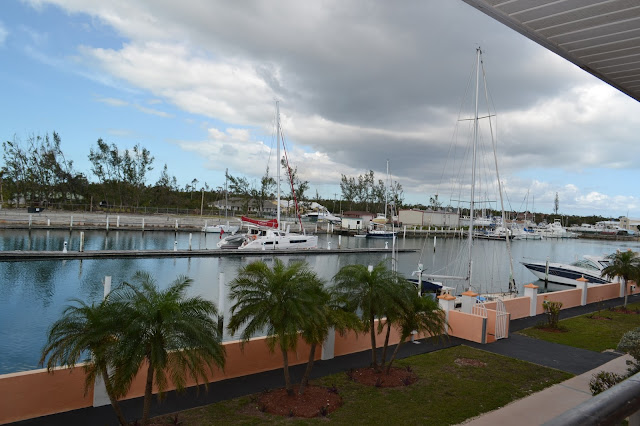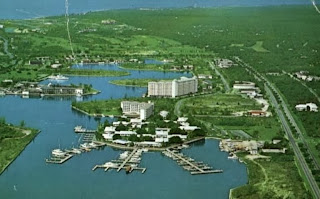Financial reality of The Bahamas
A recent report from the International Momentary Fund telling of the state of The Bahamas noted that the implementation of the Value Added Tax (VAT) is helping the countries financial position.
The report said that the economic activity in The Bahamas strengthened somewhat in 2014 while the external current account deficit worsened primarily as a result of Baha Mar construction-related import. It noted that the authorities continue to make substantial progress on fiscal consolation with successful VAT implementation in January 2015 setting the stage for continue improvements in the fiscal position.
Further it said that lower oil prices helped keep inflation anchored in 2014, but said that still notwithstanding the capital flow management (CFM) regime international reserves remain low.
The advice given as key policy advice was: Despite the U.S. recovery and the imminent opening of the Baha Mar resort, the growth outlook remains well below pre-global crisis levels, and strong and timely measures should be implemented to strengthen competitiveness and raise potential growth.
In addition, rebuilding fiscal and external buffers will be essential for sustaining macroeconomic stability:
• Reigniting strong and inclusive medium-term growth. Structural reforms are needed to address longstanding competitiveness issues including labor market impediments to growth. Energy sector reforms could substantially lower energy costs, boost productivity and facilitate economic diversification in the medium term. A diversification strategy should explore the potential for increasing value added in the tourism sector, including through deepening linkages with agriculture.
• Rebuilding fiscal and external buffers. Notwithstanding the CFM regime, the fixed exchange rate peg constrains monetary policy, leaving fiscal policy as the main instrument for macroeconomic stabilization. Steadfast implementation of the VAT and expenditure rationalization in the context of a medium-term budgetary framework, together with public enterprise reforms, would help rebuild fiscal buffers and support international reserves.
• Preserving financial sector stability. The pre-crisis credit boom has left the banking system with an overhang of non-performing loans, which will likely continue to generate headwinds for the economy. Despite this, the banking system remains very well capitalized and liquid. Measures should be put in place to resolve the debt overhang while further strengthening the regulatory and supervisory framework.
With these thoughts it still says that there is hope for the country and with the country having hope we do believe that there is hope for Grand Bahama and keeping hope alive we move forward to do what we can individually to make life better.




Comments
Post a Comment